Bachelor of Science with a Major in Computer Science
The B.S. in Computer Science program offers students a focused and progressive curriculum that provides the knowledge and skills needed to succeed as software developers in today's information technology job market.
For more information, please see the Academic Catalog. A program map, which provides a guide for students to plan their course of study, is available for download in the Courses tab below.
Our undergraduate B.S. in Computer Science program offers students a focused and progressive curriculum that provides the knowledge and skills needed to succeed as software developers in today's information technology job market.
Career Opportunities
Link to Additional Career Information:
https://www.buzzfile.com/Major/Computer-Science
External Resource
Program Location
Carrollton Campus
Method of Delivery
In-residence
Accreditation
The University of West Georgia is accredited by The Southern Association of Colleges and Schools Commission on Colleges (SACSCOC).
This program is accredited by the Computing Accreditation Commission of ABET, under the commission’s General Criteria and Program Criteria for Computer Science.
Credit and transfer
Total semester hours required: 120
This program may be earned entirely face-to-face. However, depending on the courses chosen, a student may choose to take some partially or fully online courses.
Save money
UWG is often ranked as one of the most affordable accredited universities of its kind, regardless of the method of delivery chosen.
Details
- Total tuition costs and fees may vary, depending on the instructional method of the courses in which the student chooses to enroll.
- The more courses a student takes in a single term, the more they will typically save in fees and total cost.
- Face-to-face or partially online courses are charged at the general tuition rate and all mandatory campus fees, based on the student's residency (non-residents are charged at a higher rate).
- Fully or entirely online course tuition rates and fees my vary depending on the program. Students enrolled in exclusively online courses do not pay non-Resident rates.
- Together this means that GA residents pay about the same if they take all face-to-face or partially online courses as they do if they take only fully online courses exclusively; while non-residents save money by taking fully online courses.
- One word of caution: If a student takes a combination of face-to-face and online courses in a single term, he/she will pay both all mandatory campus fees and the higher eTuition rate.
- For cost information, as well as payment deadlines, see the Student Accounts and Billing Services website
There are a variety of financial assistance options for students, including scholarships and work study programs. Visit the Office of Financial Aid's website for more information.
Downloads
General
This course explores the three fundamental aspects of computer science--theory, abstraction, and design--as the students develop moderately complex software in a high-level programming language. It will emphasize problem solving, algorithm development, and object-oriented design and programming. This course may not be attempted more than three times without department approval.
This course continues the exploration of theory, abstraction, and design in computer science as the students develop more complex software in a high-level programming language. This course may not be attempted more than two times without department approval.
An introduction to the design and implementation of web pages and sites: foundations of human-computer interaction; development processes; interface, site and navigation design; markup and style-sheet languages; site evaluation; introduction to client-side scripting.
This course is designed to prepare students for calculus, physics, and related technical subjects. Topics include an intensive study of algebraic and transcendental functions accompanied by analytic geometry and trigonometry.Students cannot receive credit for MATH 1112 and MATH 1113.
This is a non-calculus based introduction to statistics. Course content includes descriptive statistics, probability theory, confidence intervals, hypothesis testing, and other selected statistical topics.Prerequisites: Math 1101 Mathematical Modeling, 1111 College Algebra, or 1113 Precalculus or approved equivalent.
The first of a three-course sequence in calculus. Limits, applications of derivatives to problems in geometry and the sciences (physical and behavioral). Problems which lead to anti-derivatives.
A concrete, applied approach to matrix theory and linear algebra. Topics include matrices and their connection to systems of linear equations, Gauss-Jordan elimination, linear transformations, eigenvalues, and diagonalization. The use of mathematical software is a component of the course.
Major Required
2 Additional 4000 level CS courses in addition to the ones below.
An introduction to systems architecture and its impact on software execution. Topics include digital logic and digital systems, machine level representation of data, assembly level machine organization, memory systems organization, I/O and communication, and CPU implementation.
An integrated approach to the study of data structures, algorithm analysis, and discrete mathematics. Topics include induction and recursion, time and space complexity, and big-O notation, propositional logic, proof techniques, sorting, mathematical properties of data structures, including lists.
A continuation of CS 3151. Topics include sets, relations and functions, graphs, state spaces and search techniques; automata, regular expressions, and context free grammars; NP-completeness.
The craft and science of software construction: effective practices, principles, and patterns for building correct, understandable, testable and maintainable object-oriented code.
A continuation of CS 3201: effective practices, principles and patterns for building correct, understandable, testable, and maintainable code using a variety of programming paradigms, programming languages and system architectures.
An introduction to the software development life cycle and contemporary software development methods. This course places special emphasis on object-oriented systems. Students are expected to complete a medium scale software project.
Software development methods for large scale systems. Management of software development projects. Software engineering standards. Students are expected to complete a large scale software project.
This course covers principles of database systems. Topics include theory of relational databases, database design techniques, database query languages, transaction processing, distributed databases, privacy and civil liberties. Students are expected to complete a project in database design, administration, and development.
Application and survey of problem-solving methods in artificial intelligence with emphasis on heuristic programming, production systems, neural networks, agents, social implications of computing, and professional ethics and responsibilities.
Introduction to system-level software development. Topics include OS processes, network communication, file-system organization and manipulation, and script programming.
This course introduces the foundations and applications of distributed and cloud computing. Topics include multi-threaded programming, scheduling, synchronization, network architecture, distributed computing and distributed services, cloud services, and internet-scale computing.
This course integrates core topics of computer science body of knowledge, teamwork, and professional practices through the implementation of a large scale project.
A hands-on supervised field experience in computing. Students will create and present a comprehensive portfolio documenting the field experience. Students may replace this course with CS 4983, CS 4985, or CS 4981. This course may be repeated for a total of 6 hours. Grading is S/U
Intensive practice in composing powerful audience-driven documents in a variety of real-world business, professional and technical contexts. Students will also learn how to make effective business-related presentations supported with appropriate documentary and visual aids.
A transition course to advanced mathematics. Topics include logic, set theory, properties of integers and mathematical induction, relations, and functions.
Major Selects
Core Area D: Take any two from the following (Principles course with associated Lab Component) for a total of 8 hours
This course is the first of a two-part sequence for nursing and non-biology science majors. Topics include biomolecules, cell structure and function, energy metabolism, photosynthesis, cell reproduction, and genetics.
The laboratory component for BIOL 1107. Lecture and lab must be taken in the same term.
This course is the second of a two-part sequence for nursing and non-biology science majors. Topics include evolution, plant and animal physiology, and ecology.
The laboratory component for BIOL 1108.
First course in a two-semester sequence covering the fundamental principles and applications of chemistry for science majors. Topics to be covered include composition of matter, stoichiometry, periodic relations, and nomenclature. MATH 1113 and CHEM 1211L may be taken concurrently.
Laboratory exercises supplement the lecture material of CHEM 1211.
Second course in a two-semester sequence covering the fundamental principles and applications of chemistry for science majors. Topics to be covered include chemical bonding, properties of solids, liquids and gases, solutions, equilibria, acids and bases, solubility, thermodynamics, kinetics and electricity. Corequisite: CHEM 1212L
Laboratory exercises supplement the lecture material of CHEM 1212.
An introductory course that will include material from mechanics, thermodynamics, and waves. Elementary calculus will be used.
The lab component for PHYS 2211 which must be a co-requisite.
An introductory course that will include material from electromagnetism, optics, and modern physics. Elementary calculus will be used.
The lab component for PHYS 2212 which must be a co-requisite.

Raihan Ahmed, M.S.
Senior Lecturer in Computer Science
Lewis Baumstark, Ph.D.
Professor of Computing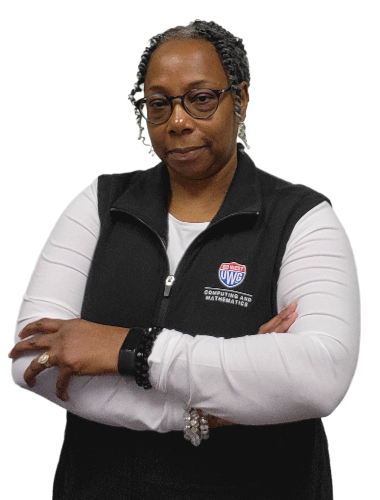
Marion Franklin Cannon, MSIT
Lecturer in Computer Science
Jonathan Corley, Ph.D.
Associate Professor of Computer Science & Program Coordinator
Md Shirajum Munir, Ph.D.
Assistant Professor of Computer Science
Michael Orsega, Ph.D.
Professor of Computer Science
Mostafizur Rahman, Ph.D.
Assistant Professor of Computer Science and Graduate Program Coordinator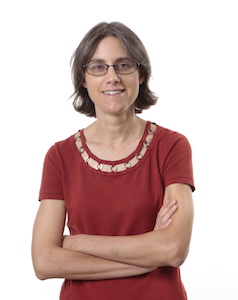
Anja Remshagen, Ph.D.
Professor of Computer Science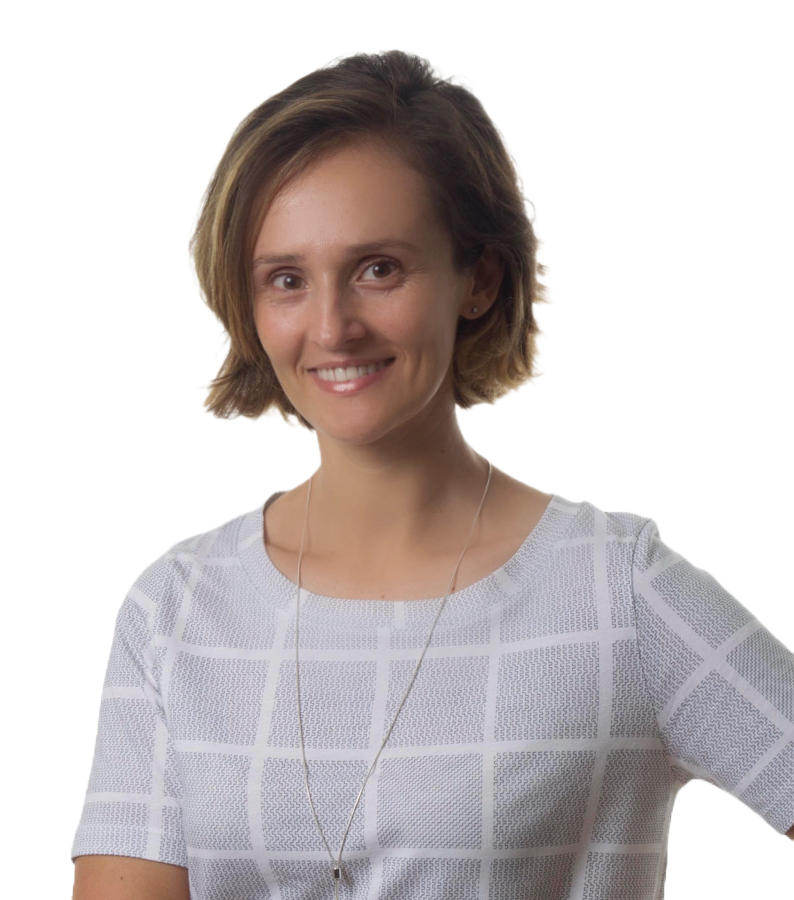
Ana Stanescu, Ph.D.
Associate Professor of Computer Science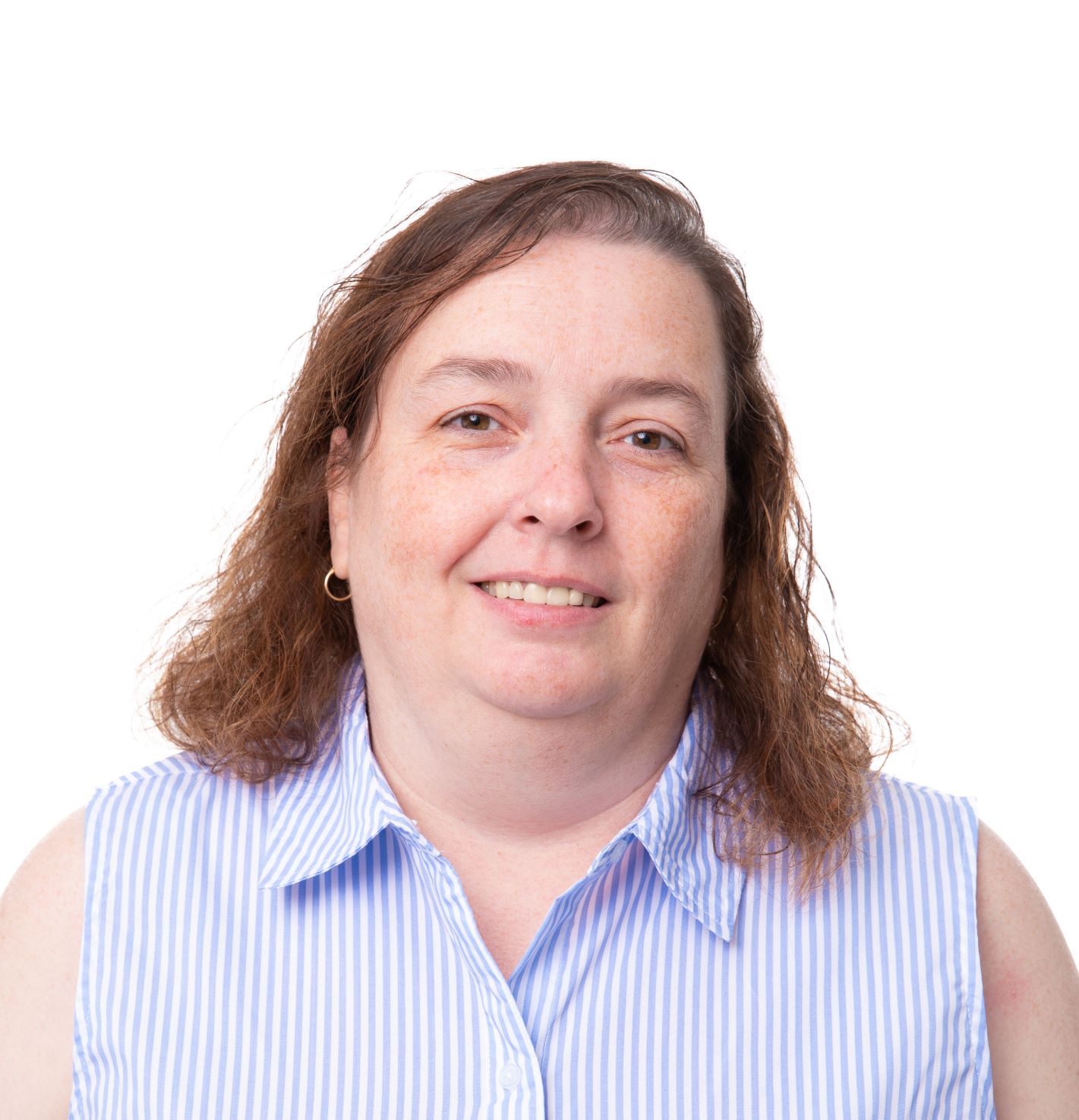
Tracey Wilson, M.Ed., M.S.
Lecturer in Computer Science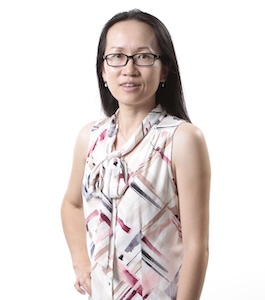
Li Yang, Ph.D.
Professor of Computer Science
Duane Yoder, Ph.D.
Interim Executive Director of Innovation Development and External PartnershipsGuidelines for Admittance
Each UWG online degree program has specific requirements that you must meet in order to enroll.
- Complete online application. A one-time application fee of $40 is required.
- Official transcripts from all schools attended. Official transcripts are sent from a regionally or nationally accredited institution.
- Verify specific requirements associated with specific populations identified here: Freshman Adult Learners Transfer International Home School Joint / Dual Enrollment Transient Auditor Post-Baccalaureate Non-Degree Seeking Readmission
Admission Process Checklist
- Review Admission Requirements for the different programs and guides for specific populations (non-traditional, transfer, transient, home school, joint enrollment students, etc).
- Review important deadlines:
- Fall semester: June 1 (undergrads)
- Spring semester: November 15 (undergrads)
- Summer semester: May 15 (undergrads)
See program specific calendars here
- Complete online application
Undergraduate Admissions Guide
Undergraduate Application
Undergraduate International Application - Submit $40 non-refundable application fee
- Submit official documents
Request all official transcripts and test scores be sent directly to UWG from all colleges or universities attended. If a transcript is mailed to you, it cannot be treated as official if it has been opened. Save time by requesting transcripts be sent electronically.
Undergraduate & Graduate Applicants should send all official transcripts to:
Office of Undergraduate Admissions, Murphy Building
University of West Georgia
1601 Maple Street
Carrollton, GA 30118-4160 - Submit a Certificate of Immunization, if required. If you will not ever be traveling to a UWG campus or site, you may apply for an Immunization Exemption. Contact the Immunization Clerk with your request.
- Check the status of your application
Specific dates for Admissions (Undergraduate only), Financial Aid, Fee Payments, Registration, Start/End of term, Final Exams, etc. are available in THE SCOOP.
Program Educational Objective
Graduates of the program, equipped with a core body of knowledge in computer science and having been exposed to current and emerging technologies and trends, will attain successful careers as computing and information technology professionals.
Student Learning Outcomes
Students graduating with a B.S. in Computer Science from the University of West Georgia will be able to:
- Analyze a complex computing problem and to apply principles of computing and other relevant disciplines to identify solutions.
- Design, implement, and evaluate a computing-based solution to meet a given set of computing requirements in the context of the program’s discipline.
- Communicate effectively in a variety of professional contexts.
- Recognize professional responsibilities and make informed judgments in computing practice based on legal and ethical principles.
- Function effectively as a member or leader of a team engaged in activities appropriate to the program’s discipline.
- Apply computer science theory and software development fundamentals to produce computing-based solutions.
